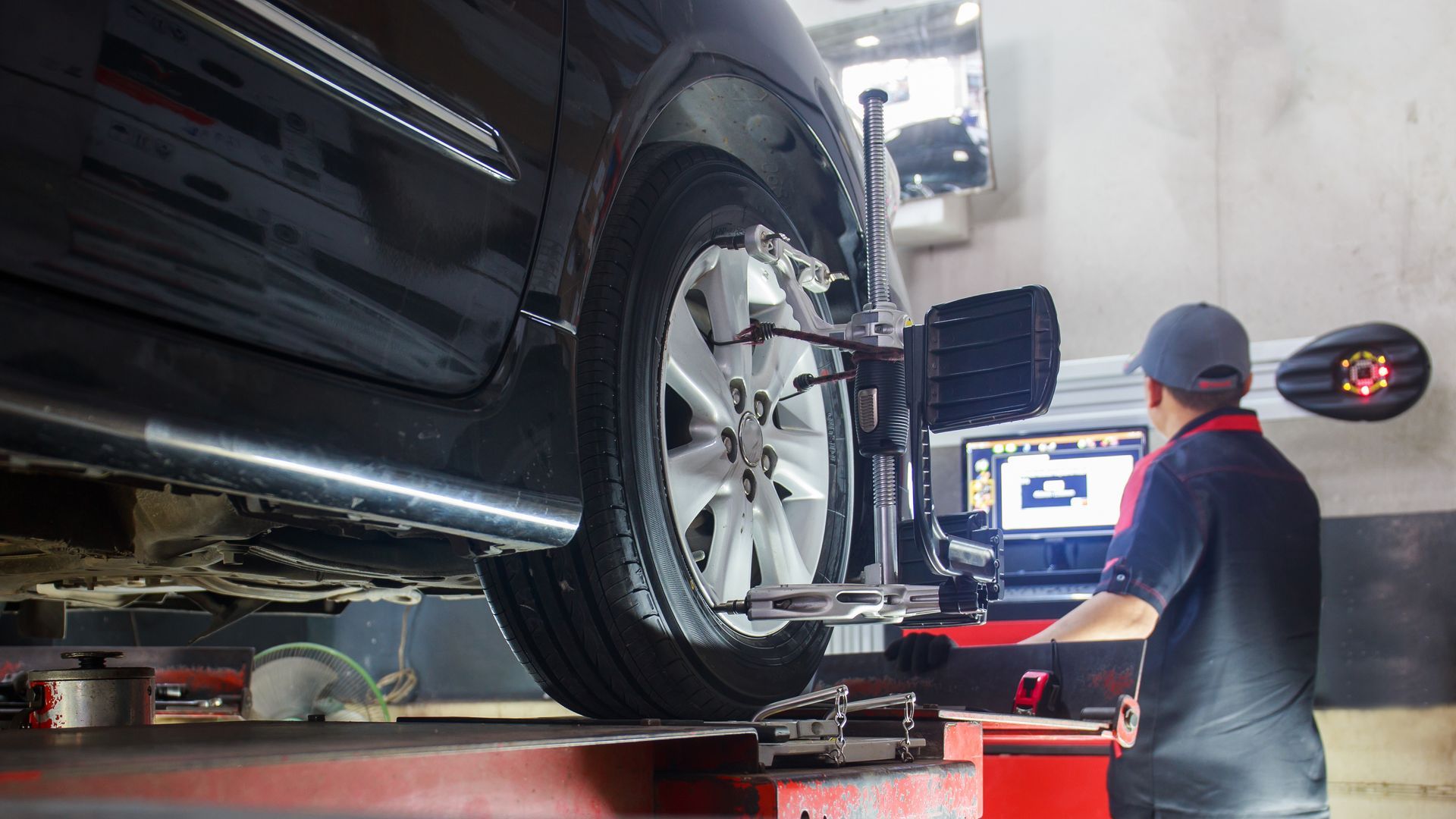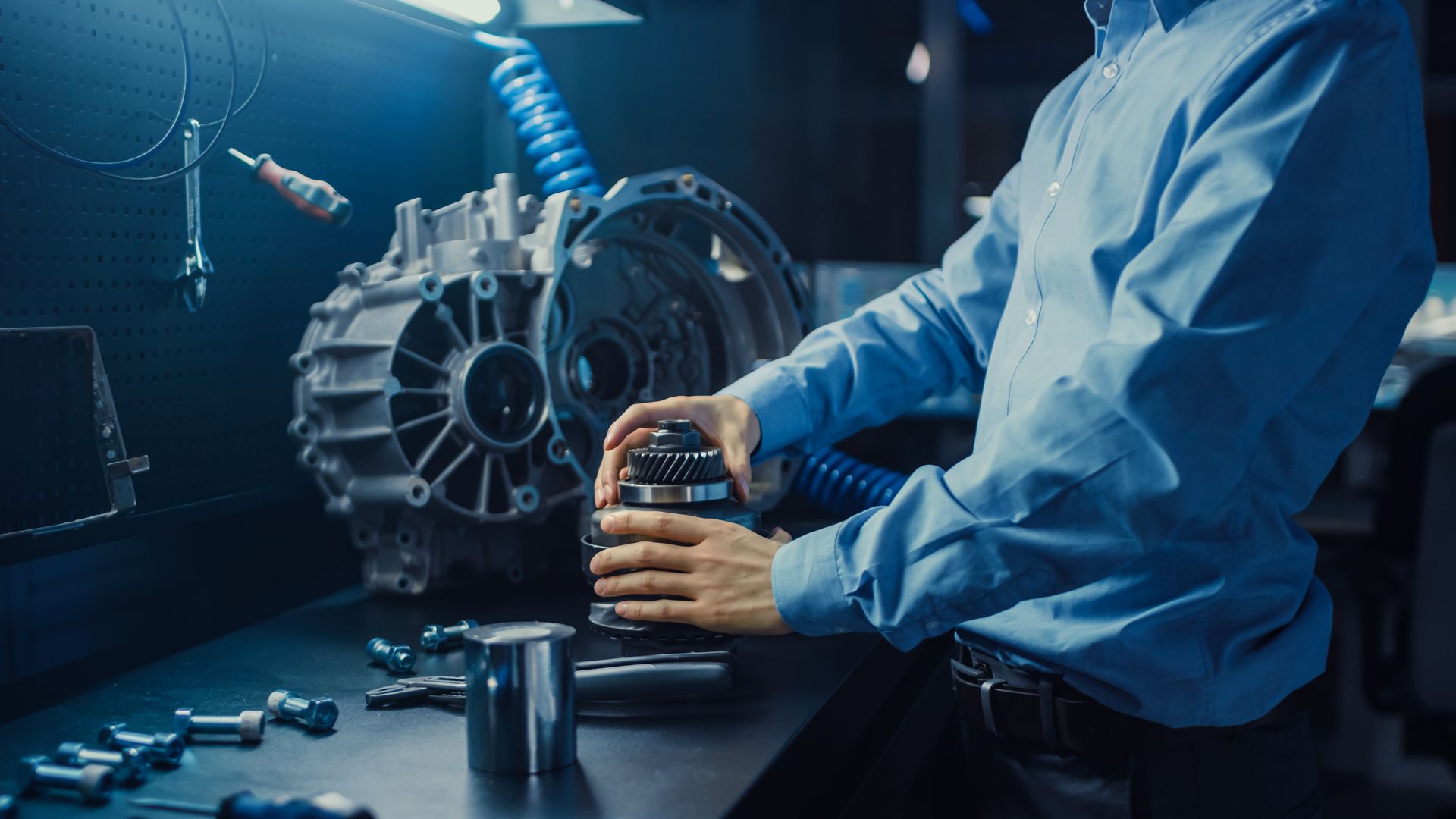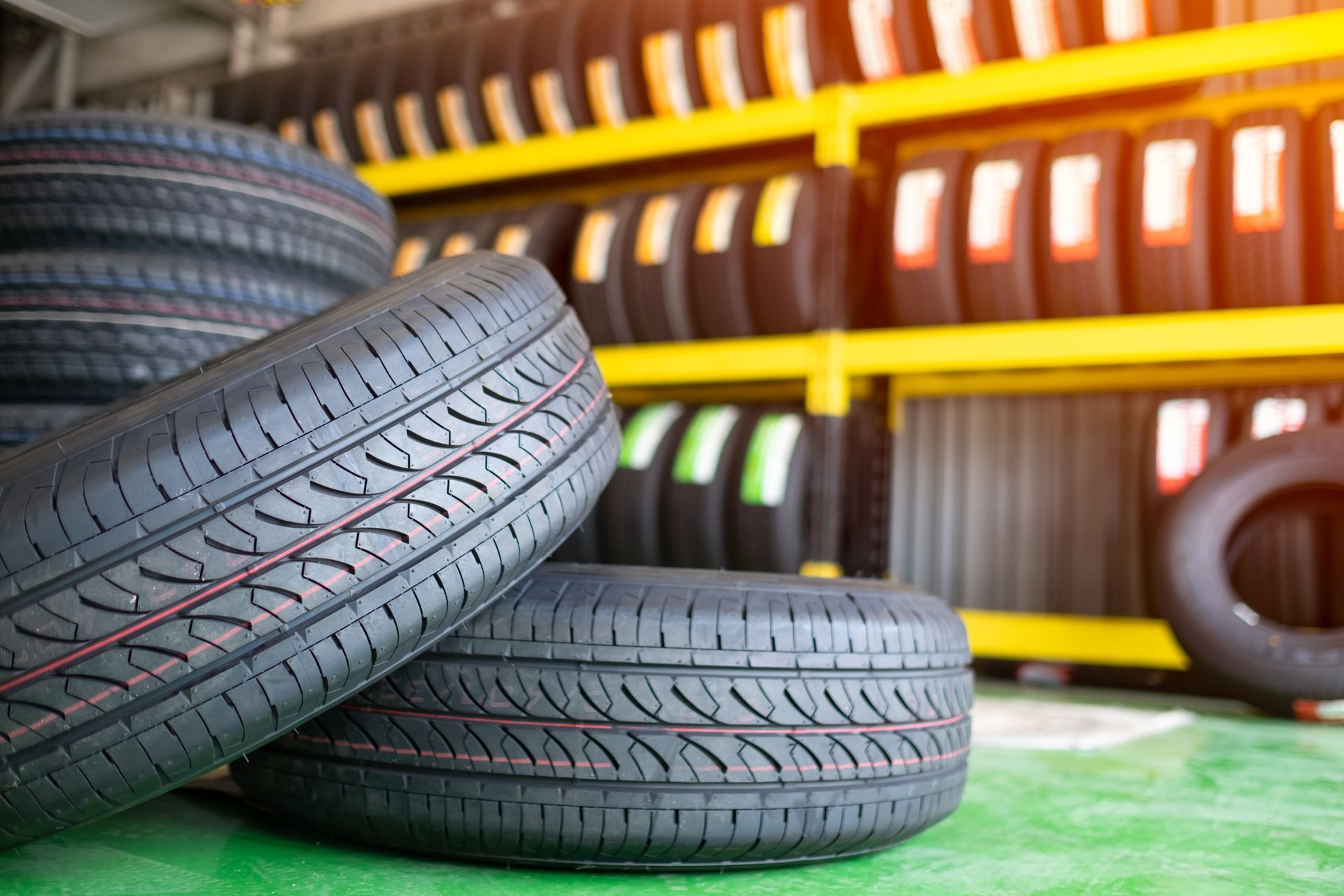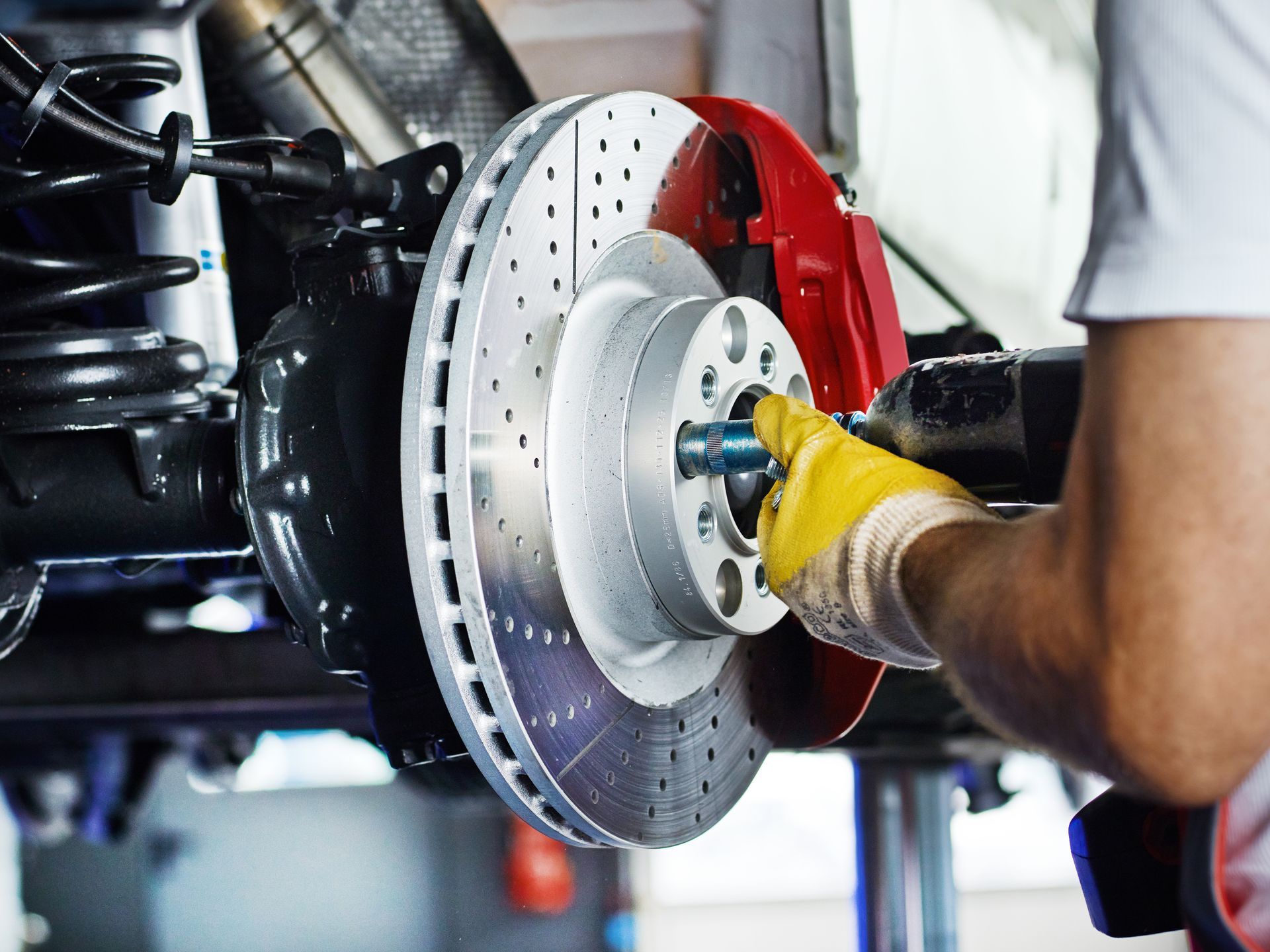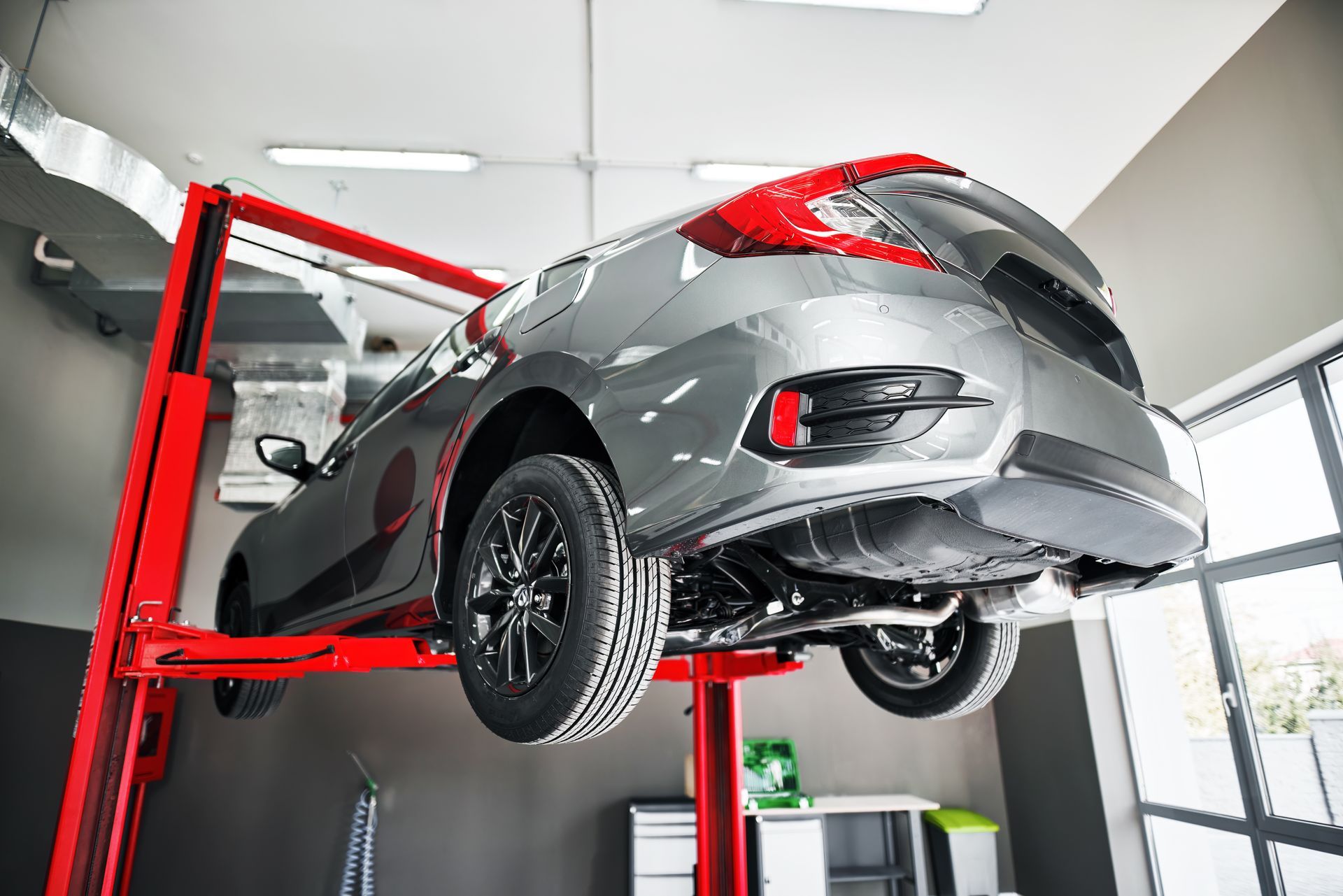It is common to notice some odor from your vehicle’s exhaust, especially when first starting the engine. However, a strong smell of gasoline is not normal and should not be ignored. This odor often indicates that fuel is not being burned completely during combustion, and it can signal a range of problems that may affect performance, efficiency, and safety.
Knowing why your exhaust might smell like gas can help you take the right steps to fix the issue before it turns into a bigger problem.
How Combustion Is Supposed to Work
Your engine mixes air and fuel in precise ratios to create an efficient burn in the combustion chambers. When everything is working correctly, nearly all the fuel is burned and converted into power. The exhaust gases that exit the tailpipe should contain minimal traces of unburned fuel.
If fuel is left unburned, it can escape into the exhaust system and create that telltale gasoline smell. Over time, this wasted fuel can damage components like the catalytic converter and reduce overall engine efficiency.
Common Reasons for a Gas Smell in the Exhaust
One of the most common causes is a problem with the fuel system. Faulty fuel injectors can spray too much fuel into the cylinders, resulting in a flooded mixture and preventing complete combustion. A malfunctioning fuel pressure regulator can also allow excessive fuel delivery.
Ignition system issues can cause similar problems. If spark plugs are worn or ignition coils are weak, the fuel-air mixture will not ignite completely, leading to unburned fuel in the exhaust.
In some cases, the problem may stem from a dirty or failing mass airflow sensor, which throws off the air-fuel ratio. A failing oxygen sensor can also send incorrect signals to the engine computer, resulting in an overly rich fuel mixture.
Cold starts on older vehicles may briefly produce a faint gas smell because the engine runs richer until it warms up. However, the smell should disappear quickly. If it lingers or intensifies, there is likely a mechanical or sensor-related issue.
Why a Gas Smell Should Not Be Ignored
Driving with unburned fuel in the exhaust is more than just unpleasant. Gasoline vapors are flammable, and in certain conditions, they can be dangerous. The extra fuel can also overheat and damage the catalytic converter, which is expensive to replace.
A persistent gas smell also means you are losing fuel economy. The money you spend at the pump is literally going out the tailpipe, along with higher emissions that are harmful to the environment.
If the problem is due to a misfire, continued driving can cause long-term engine damage. The unburned fuel washes away the thin layer of oil on cylinder walls, increasing wear and shortening engine life.
How the Problem Is Diagnosed
A professional technician will start by scanning the engine computer for trouble codes. These codes can point to misfires, sensor failures, or fuel delivery problems. The technician will then inspect spark plugs, ignition coils, and wiring to ensure the ignition system is working correctly.
The fuel system is checked for injector leaks, fuel pressure issues, or regulator malfunctions. Sensors such as the mass airflow sensor and oxygen sensors are tested to verify they are sending accurate information to the engine control unit.
In some cases, exhaust leaks near the engine can make odors more noticeable inside or around the vehicle. These leaks should be repaired promptly to prevent harmful gases from entering the cabin.
Preventing Gas Smells in the Exhaust
Regular maintenance is crucial in preventing this issue. Replacing spark plugs and ignition components at the recommended intervals helps ensure complete combustion. Using quality fuel can also reduce deposits on injectors and intake valves.
If you notice a check engine light, have it checked as soon as possible rather than waiting. Many sensor-related problems start small but grow worse over time. Routine inspections of the fuel and ignition systems can catch developing issues early.
Professional Service for Gas Smells in Randolph, NJ
A strong gas smell from your exhaust is a clear sign that something is not working as it should. At A2B Euro Car Repair in Randolph, NJ, we specialize in diagnosing and repairing European vehicles, but we service all makes and models. Our technicians have the tools and expertise to pinpoint the source of the problem, whether it is a fuel delivery issue, ignition fault, or sensor failure.
If your car’s exhaust smells like gasoline, schedule an appointment with us today. We will restore proper performance, improve fuel efficiency, and make sure your vehicle is safe and running at its best.

